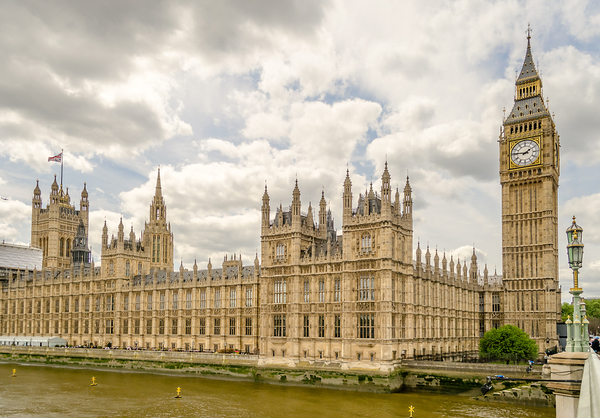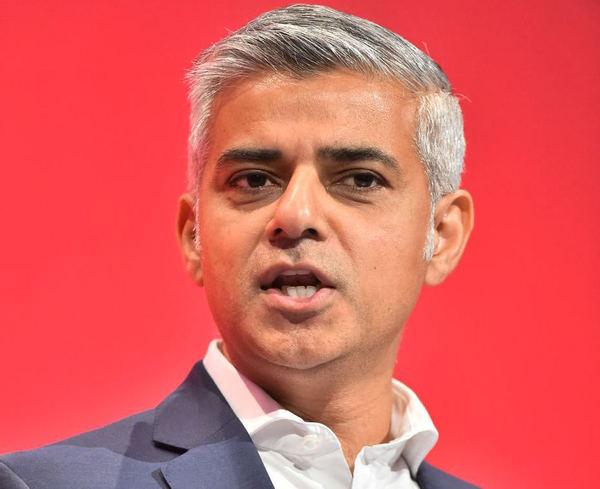Goldsmith hits out at Pay to Stay threshold
Conservative Zac Goldsmith has spoken out against the government’s plan to force couples with household incomes of £40,000 to pay up to market rent.
In an interview with Inside Housing, the London mayoral candidate said although he supports the principle of the new Pay to Stay policy, the £40,000 London threshold “is not a high income in the London context”.
Under Pay to Stay, all council tenants earning more than £40,000 in London (£30,000 in the rest of England) will be forced to pay up to market rents, while the scheme can be voluntarily introduced by housing associations for their tenants. The income size is measured by household, meaning a couple earning £20,000 each would be hit.
Housing minister Brandon Lewis has said making households earning more than £40,000 in London pay market rent will “ensure that high-income social tenants pay a fair rent”.
However, Mr Goldsmith said: “I’m not going to tell you… that £40,000 joint earnings for a couple is a high salary. In part of the world it is. In London it ain’t.”
In a statement after the interview, an aide said Mr Goldsmith believed it was important that Pay to Stay was “set at the right level for London”.
“As mayor, Zac would want to ensure the level and effect of Pay to Stay was kept carefully under review by the government,” the statement added.
Mr Goldsmith’s comments suggest if elected as Conservative mayor of London, he would be on a collision course with government over one of its key social housing policies, which is due to be debated as part of the Housing and Planning Bill tomorrow.
The Chartered Institute of Housing in November warned the current Pay to Stay thresholds are too low, and will hit some households claiming housing benefit.
Mr Goldsmith also said in the interview that it was “unrealistic” and “misleading” to suggest that “homeownership aspirations” for young professionals could be realised in expensive central London boroughs.
In the Spending Review in November, George Osborne shifted the government’s housing budget from affordable rent to affordable homeownership.
But Mr Goldsmith said in places such as Westminster, “it has to be about affordable rent, enabling people to rent a home, paying no more than a third of their income so they have an opportunity to save up for a deposit”.
The full interview with Mr Goldsmith wiill be published next week.












